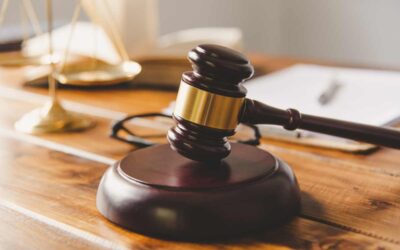The IRS issued Revenue Ruling 2020-27 on November 18th, formally denying the ability to deduct expenses related to PPP forgiveness. In the ruling, the IRS clarified the deduction for PPP expenditures is denied in the period the expenses were incurred (2020), even if the taxpayer waits until 2021 to apply for forgiveness.
Previous communications from Smith Schafer suggested that waiting until 2021 would be the most prudent approach to PPP forgiveness. This is no longer necessary based on this IRS ruling.
WHAT DOES THIS MEAN FOR ME?
It no longer matters whether you apply for forgiveness in 2020 or in 2021. You have 10 months after the end of your covered period to begin making payments. There is no longer a need to wait until 2021 to apply, but in most cases, there is also not an urgency to apply, either.
WHAT IF MY LOAN WILL NOT BE FULLY FORGIVEN?
The IRS issued safe harbor guidance in Revenue Procedure 2020-51, allowing taxpayers to limit their tax impact to the amount of forgiveness that is reasonably expected.
COULD CONGRESS CHANGE THE TAXABILITY OF THE PPP?
Congress intended for the PPP to be tax-free, but the IRS did not follow congressional intent. Congress may override the IRS in the next stimulus package, which would result in the PPP forgiveness being tax-free as initially intended.
QUESTIONS ABOUT PPP FORGIVENESS?
To learn more, visit the COVID-19 Resource section of our website, contact your Smith Schafer professional or email us at [email protected].



